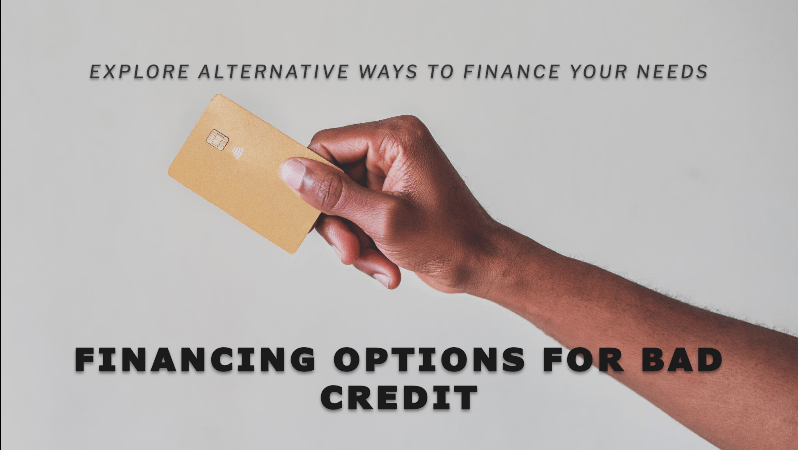
Your credit score plays a big role in the interest rate you’ll get on a car loan. A higher score means a lower rate, and that can save you a lot of money over the life of your loan. But if your credit is less than stellar, don’t worry – there are steps you can take to boost your score before you start shopping for your dream ride.
First off, get your hands on a copy of your credit report. You’re entitled to a free report from each of the three major credit bureaus every year. Go through it with a fine-tooth comb and look for any mistakes or inaccuracies. If you spot something that doesn’t look right, dispute it with the bureau. Clearing up errors can give your score a quick lift.
Next, take a hard look at your debt. High balances on your credit cards can drag down your score. Make a plan to pay down those balances as much as you can. Even if you can’t pay everything off, getting your balances below 30% of your credit limits can make a big difference.
Another key factor in your credit score is your payment history. Late payments can do some serious damage, so make sure you’re paying all your bills on time, every time. Set up automatic payments or reminders to keep yourself on track.
If you don’t have much of a credit history, that can hold your score back too. One way to start building credit is to get a secured credit card. You put down a cash deposit that becomes your credit limit, and then use the card like any other credit card, making payments on time each month. Over time, this can help you establish a positive credit history.
You can also become an authorised user on someone else’s credit card account, like a parent or spouse with good credit. Their payment history will show up on your credit report, giving your score a boost.
While you’re working on improving your credit, be careful about applying for new credit. Each time you apply, the lender will do a hard inquiry on your credit report, which can ding your score. Stick to one or two applications at a time, and space them out over several months.
If you’re not sure where to start with managing your credit, there are plenty of resources out there to help. Websites like Credit Karma and Mint offer free credit score monitoring and personalised advice for improving your score. And non-profit credit counseling agencies can work with you to create a plan for paying down debt and building good credit habits.
Improving your credit score takes time and effort, but it’s worth it in the long run. A better score can open up doors to better loan terms, lower interest rates, and even job opportunities. So if you’re dreaming of a new set of wheels, start working on your credit now. With a little patience and persistence, you’ll be cruising down the road in no time.
Boosting your credit score before applying for a car loan is crucial if you want to snag the best interest rates and save some serious cash. A solid score can be the difference between a monthly payment that fits your budget and one that has you eating ramen noodles for the next five years.
But if your credit is currently in the gutter, don’t despair. There are plenty of moves you can make to polish up that score and make yourself a more attractive borrower.
Step one: get your mitts on your credit reports from the three major bureaus – Equifax, Experian, and TransUnion. You’ve got the right to a free report from each of them once a year, so take advantage of that. Scour those reports for any errors or outdated info that could be dragging your score down. If you find something hinky, file a dispute with the bureau and get it fixed.
Next up, take a good, hard look at your debt situation. If you’re carrying high balances on your credit cards, that’s weighing down your score. Come up with a game plan to whittle down those balances as much as you can. Even getting them below 30% of your credit limits can give your score a nice bump.
Another biggie is your payment history. Late payments are credit score kryptonite, so do whatever you need to do to make sure you’re paying all your bills on time, every single month. Set up auto-pay, put reminders in your phone, write it on your hand in Sharpie – whatever works for you.
If you’re new to the credit game and don’t have much of a track record, that can hold you back too. One way to start building up that history is with a secured credit card. You put down a cash deposit that becomes your credit limit, and then use it like a regular credit card. Over time, that can help beef up your credit file and show lenders that you know how to handle credit responsibly.
Another option is to piggyback on someone else’s good credit by becoming an authorised user on their account. Just make sure it’s someone you trust and who has a solid payment history, since their actions will show up on your credit report too.
While you’re in credit-building mode, go easy on the new credit applications. Every time you apply, the lender does a hard pull on your credit, which can ding your score a bit. Limit yourself to one or two applications at a time, and space them out over a few months.
If you’re feeling overwhelmed by all this credit stuff, don’t be afraid to ask for help. There are tons of free resources out there, like credit score monitoring tools and budgeting apps, that can keep you on track. And if you need some one-on-one guidance, non-profit credit counseling agencies can help you come up with a personalised plan to get your credit in shape.
At the end of the day, boosting your credit score is no cakewalk – it takes time, effort, and a whole lot of patience. But trust me, it’s so worth it. A killer credit score can open up a world of possibilities, from sweet loan deals to better job prospects. So if you’ve got your heart set on a shiny new ride, start working on that credit now. With a little elbow grease and determination, you’ll be rolling in style before you know it.



